New York’s highest court has denied Duke Ellington‘s heirs the right to retry a lawsuit against EMI Music Publishing.
Ellington’s grandson first sued EMI in 2010 after finding out the company’s international subsidiaries are taking commissions out of the royalties generated by sales of the jazz legend’s music overseas before passing on the rest to the EMI HQ in New York, where what little remains is split between the company and Ellington’s estate.
The contract Ellington signed with EMI in 1961 called for a 50/50 split of royalties. However, with these international subsidiaries taking commissions of up to 50%, EMI was regularly receiving a net 75% of the total royalties, leaving Ellington’s heirs with just 25%.
This is a common practice in the music publishing industry, and despite Ellington’s contract explicitly restricting this behavior, EMI still prevailed in court after arguing that the subsidiaries in question did not exist or were not yet acquired by EMI when the contract was first signed. A lower court judge agreed and threw out the lawsuit.
Ellington’s grandson appealed the decision many times before finally facing New York’s State Court of Appeals, the highest court in New York. Although the decision was not unanimous, the appeals judges agreed with the lower court’s judgement and ruled, once again, in EMI’s favor.
Ellington’s heirs are not the only ones fighting this unsavory practice. The estate of John Stewart, the songwriter behind the Monkees classic “Daydream Believer,” is currently fighting a similar dispute with Sony/ATV Music Publishing, who they accuse of taking “commissions” above and beyond the originally agreed royalty split.
In 2006, Yoko Ono also sued EMI for $10 million after claiming the company cheated out of royalties from the sale of re-releases of her late husband John Lennon’s recordings.
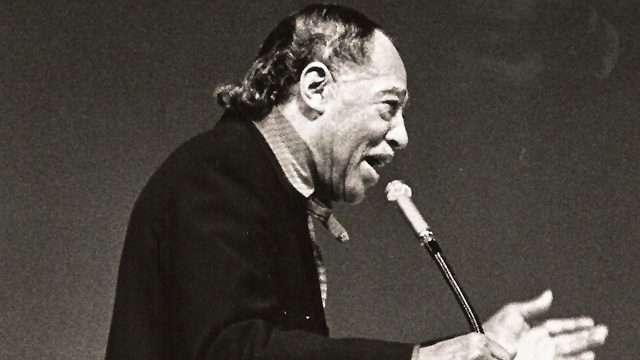
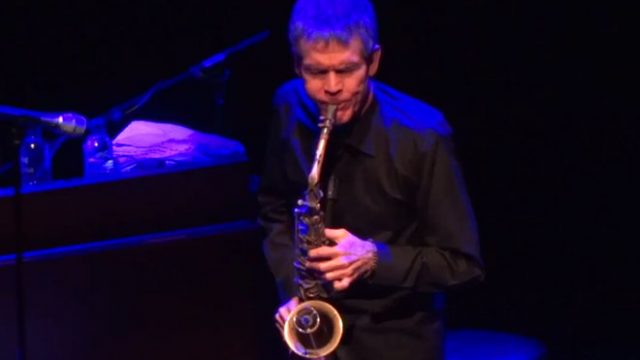

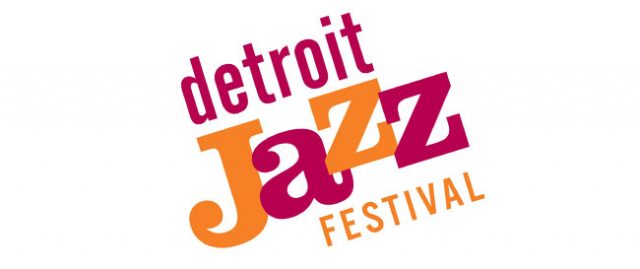

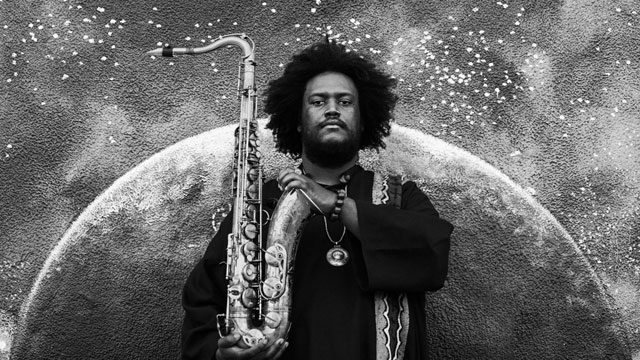
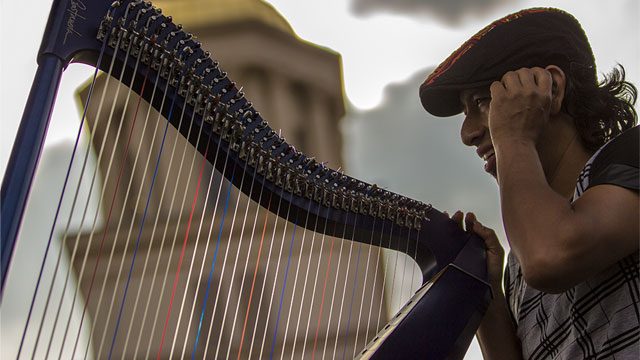
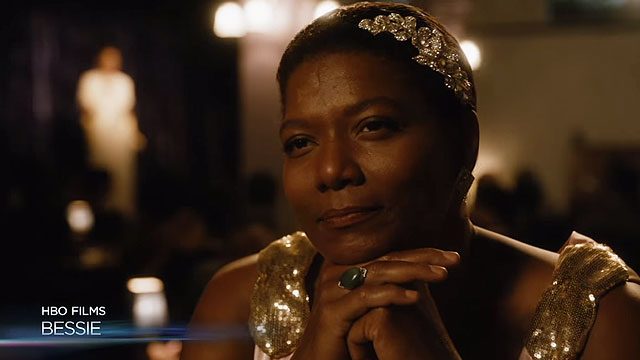
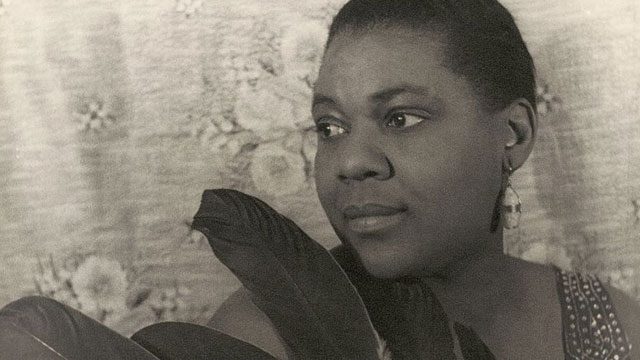

Have your say! Leave a comment below: